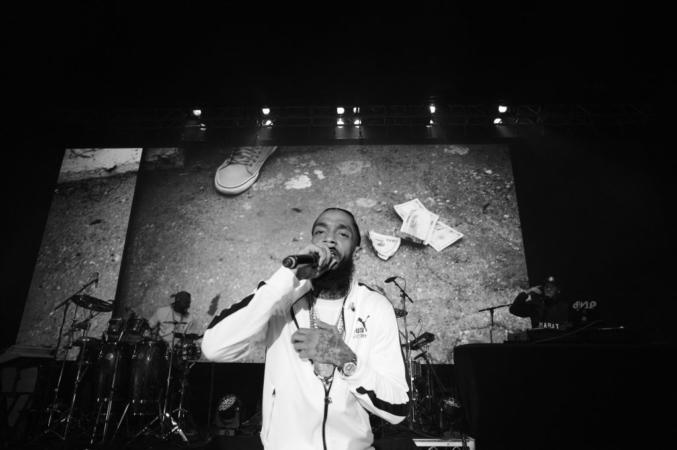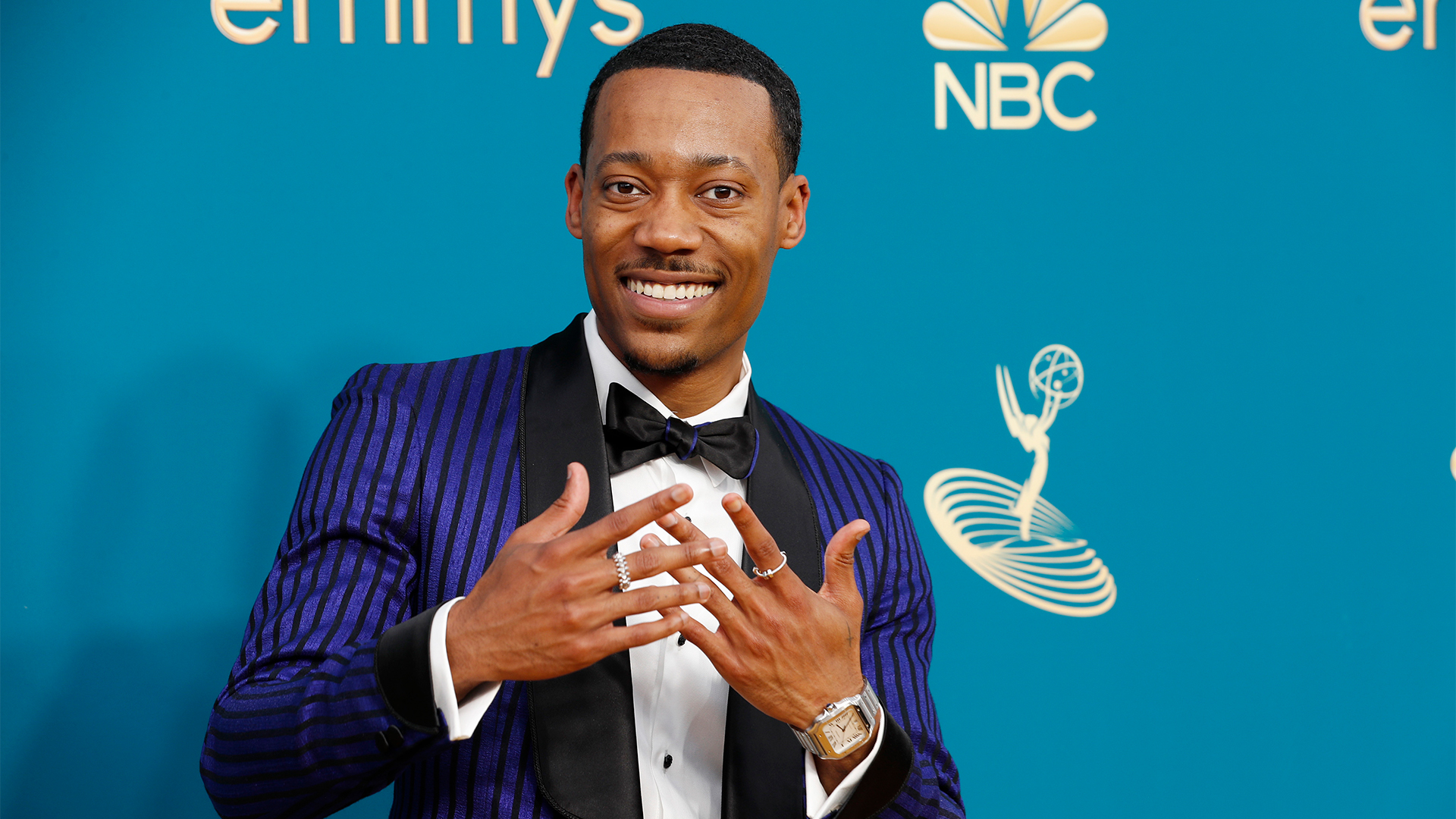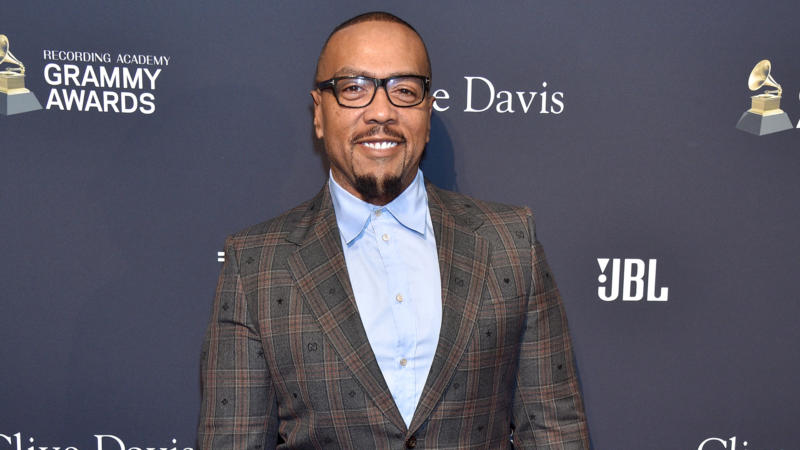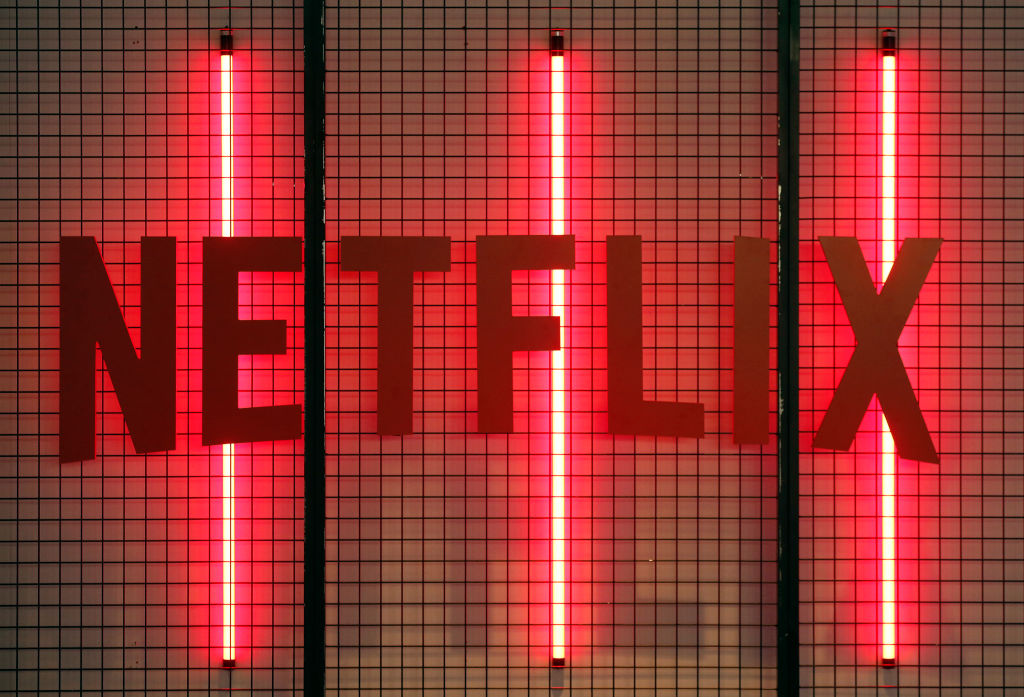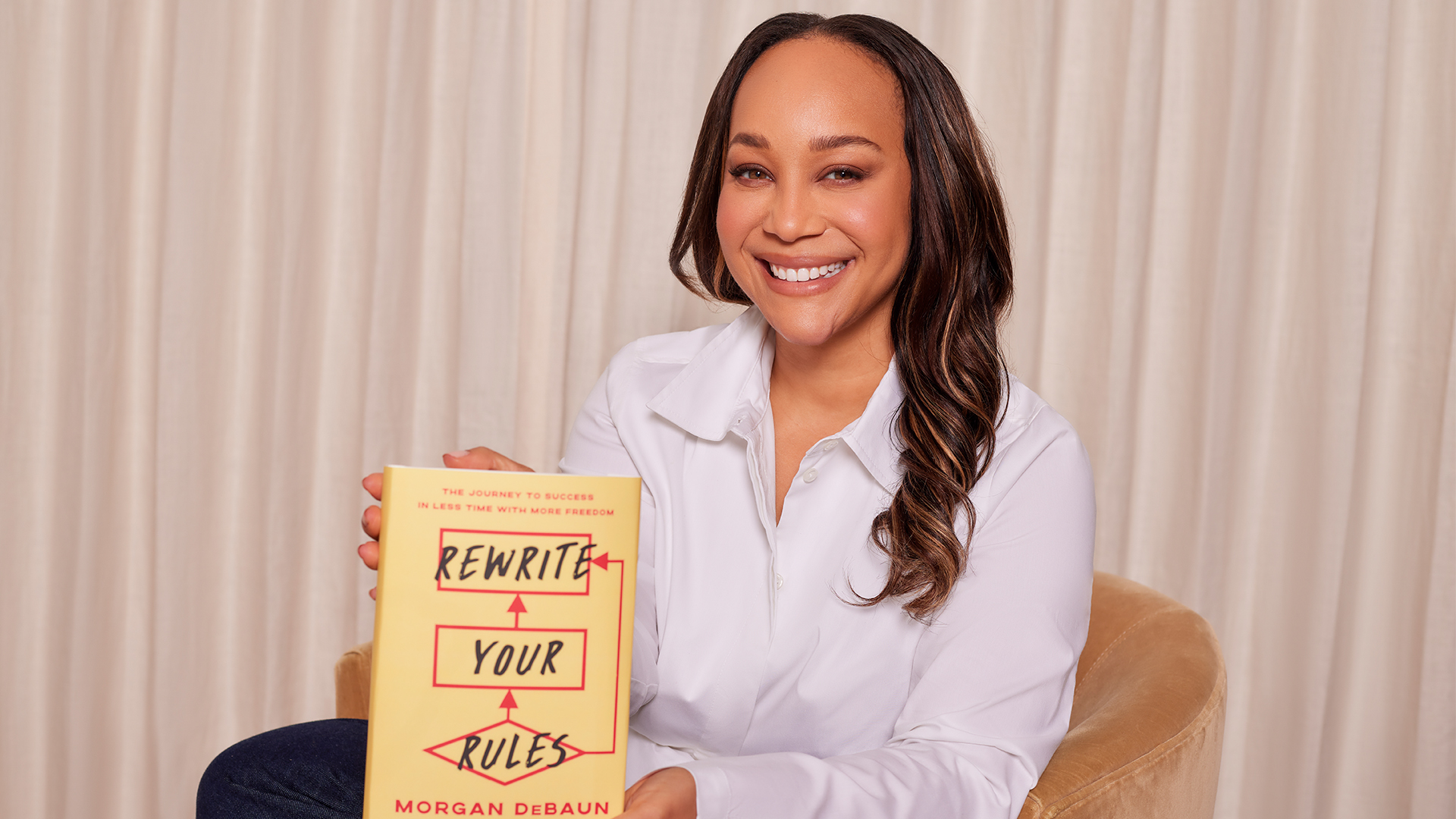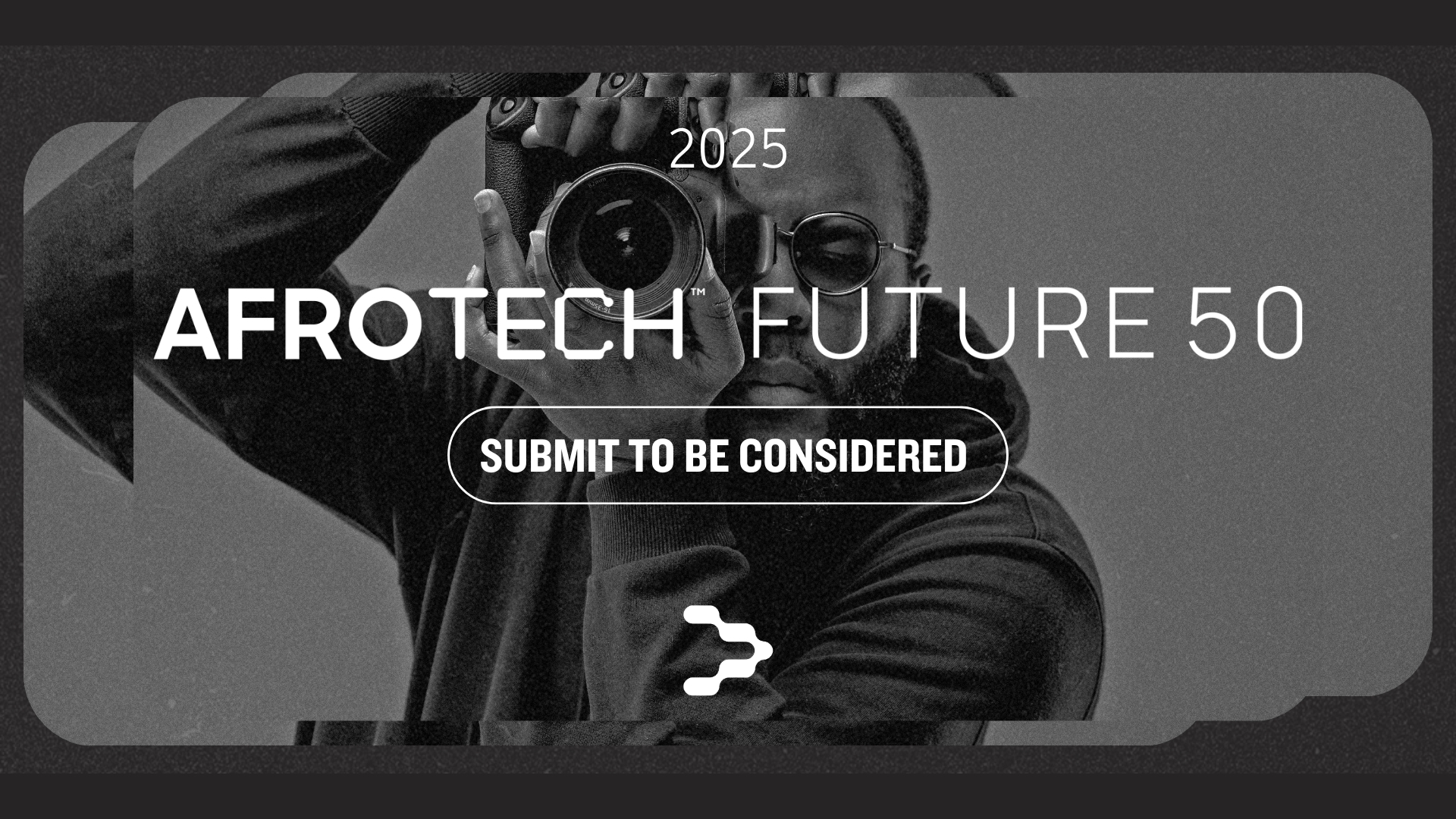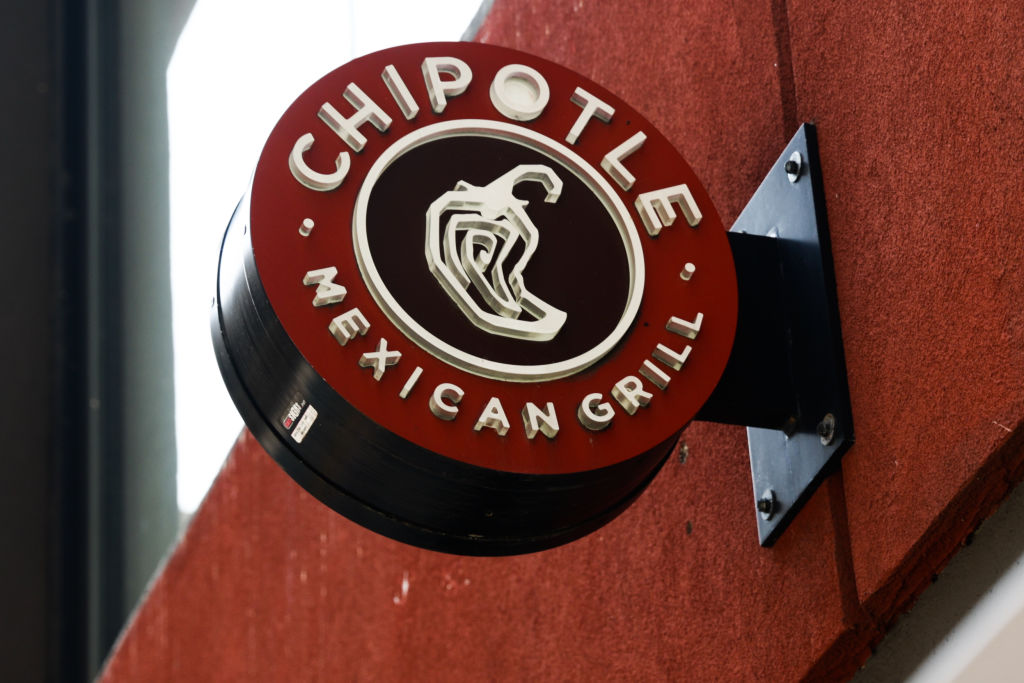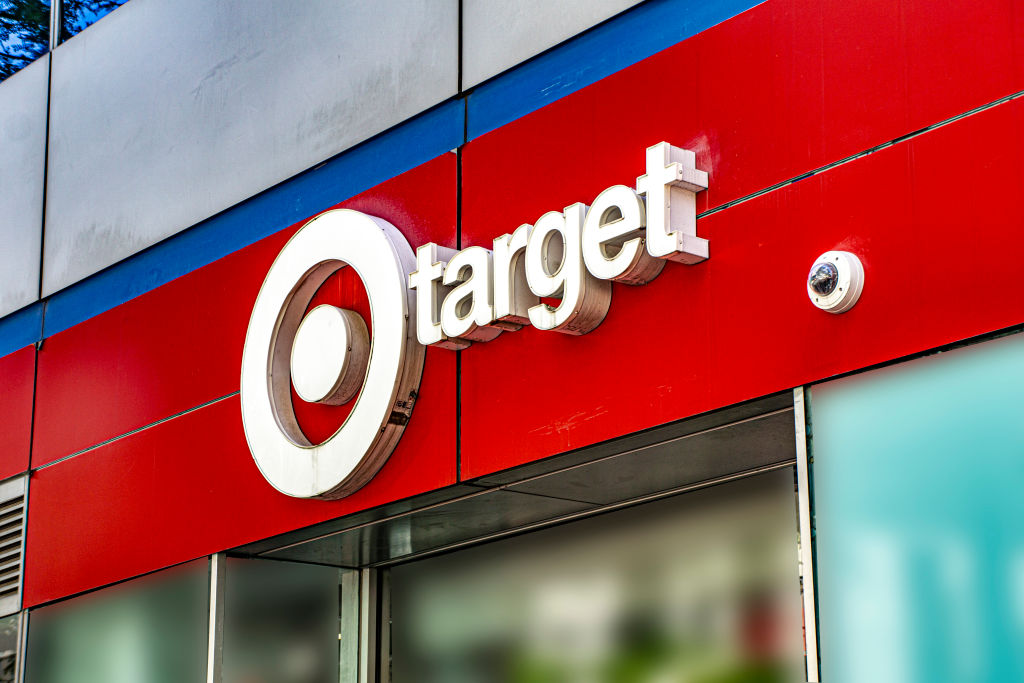Rapper Nipsey Hussle died Sunday after being shot outside of his clothing store in Los Angeles, but his life and legacy go far beyond the words he put on wax.
Born Ermias Asghedom, the 33-year-old was at the highest point of his music career. His 2018 debut studio LP, Victory Lap, received a Grammy nomination for Rap Album of the Year. For many, the Grammy nod was just a confirmation of what a lot of folks already knew. Hussle — who started making music in 2005 — made a name for himself releasing mixtape after mixtape, gaining notoriety both nationally and in his hometown of Los Angeles.
A lot can be said about Hussle’s rap career and how he was on his way to greater heights musically. But outside of the recording booth, he was committed to fighting inequality and solving age-old problems that held back the people in his community.
Hussle was a staunch advocate for diversity in technology. Before Victory Lap dropped, he opened the doors to Vector 90, a co-working space and STEM education center based in Crenshaw. The purpose of the center was to attack the diversity gap in tech head on and build a bridge between talent in South LA and Silicon Valley. The STEM center is open to children’s groups and families.
The LA Times’ Sonaiya Kelley interviewed Hussle when the center opened and recorded a quote that’s been making the rounds on social media today. It rang true then and is resonating even more now.
“In our culture, there’s a narrative that says, ‘Follow the athletes, follow the entertainers,'” he said. “And that’s cool but there should be something that says, ‘Follow Elon Musk, follow [Mark] Zuckerberg.’ I think that with me being influential as an artist and young and coming from the inner city, it makes sense for me to be one of the people that’s waving that flag.”
-The Los Angeles Times
It’s this quote, more than any lyric he ever wrote, that’s sticking with me today. He inspired Black and brown kids to be who they wanted to be. He didn’t encourage people to go into tech while disparaging athletes and entertainers. He simply wanted to present tech as an option that could lead to equal or greater success. He saw the potential of careers in technology and wanted to make sure people in his community could take advantage.
In Kelley’s piece, she also highlights that Hussle was a tinkerer and technologist himself. He learned to build computers and had to teach himself how to use music production software because he couldn’t afford engineers. He also handled most of the marketing for his early releases. He had to use his intellect to create opportunities for himself before the money was there, something most entrepreneurs and technologists can relate to.
Aside from being an advocate for tech diversity, Hussle was also very passionate about empowering his community economically. Before he died, he was working on redeveloping a shopping plaza in South LA that would place his Marathon clothing store underneath low-income housing units.
Hussle’s sudden death is tragic for many — not only because of the way songs like “Dedication” made people want to go after their goals no matter what was stacked up against them, but because he was an entertainer who thought outside of himself and saw the bigger picture. He saw that the people in the South LA community where he grew up were geniuses, ready and willing to change the world, and he made sure we saw it too.
Hussle is survived by his two children and longtime girlfriend Lauren London, who he had a child with in 2016.
